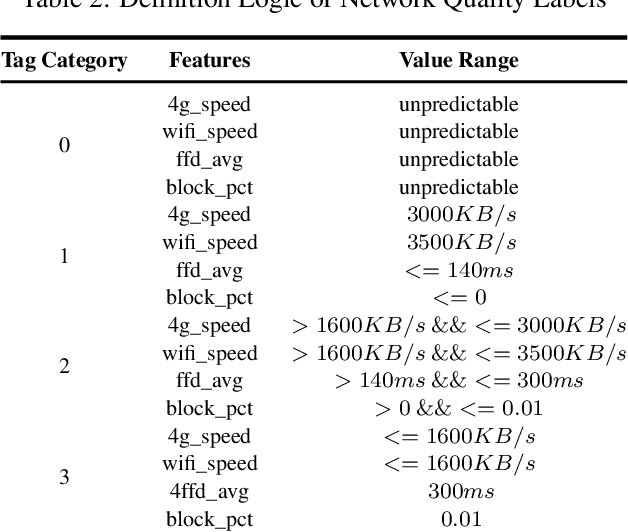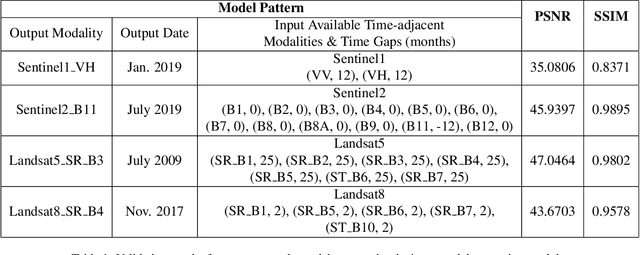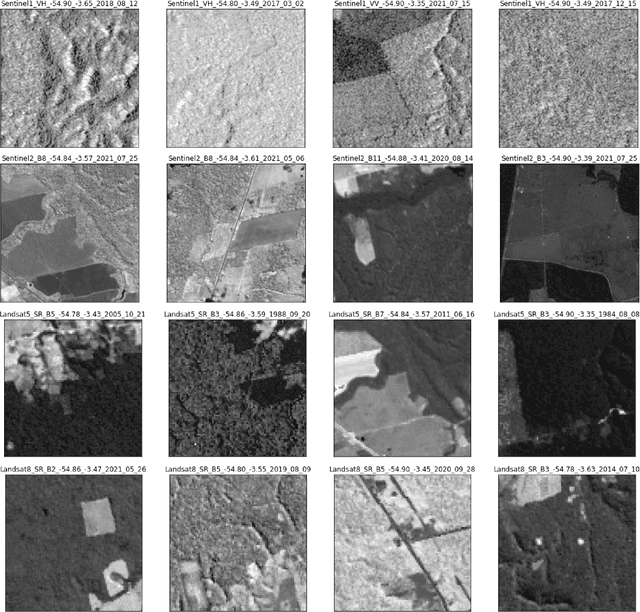Hongchen Liu
Application Research On Real-Time Perception Of Device Performance Status
Sep 05, 2024



Abstract:In order to accurately identify the performance status of mobile devices and finely adjust the user experience, a real-time performance perception evaluation method based on TOPSIS (Technique for Order Preference by Similarity to Ideal Solution) combined with entropy weighting method and time series model construction was studied. After collecting the performance characteristics of various mobile devices, the device performance profile was fitted by using PCA (principal component analysis) dimensionality reduction and feature engineering methods such as descriptive time series analysis. The ability of performance features and profiles to describe the real-time performance status of devices was understood and studied by applying the TOPSIS method and multi-level weighting processing. A time series model was constructed for the feature set under objective weighting, and multiple sensitivity (real-time, short-term, long-term) performance status perception results were provided to obtain real-time performance evaluation data and long-term stable performance prediction data. Finally, by configuring dynamic AB experiments and overlaying fine-grained power reduction strategies, the usability of the method was verified, and the accuracy of device performance status identification and prediction was compared with the performance of the profile features including dimensionality reduction time series modeling, TOPSIS method and entropy weighting method, subjective weighting, HMA method. The results show that accurate real-time performance perception results can greatly enhance business value, and this research has application effectiveness and certain forward-looking significance.
MultiEarth 2022 -- The Champion Solution for the Matrix Completion Challenge via Multimodal Regression and Generation
Jun 17, 2022



Abstract:Earth observation satellites have been continuously monitoring the earth environment for years at different locations and spectral bands with different modalities. Due to complex satellite sensing conditions (e.g., weather, cloud, atmosphere, orbit), some observations for certain modalities, bands, locations, and times may not be available. The MultiEarth Matrix Completion Challenge in CVPR 2022 [1] provides the multimodal satellite data for addressing such data sparsity challenges with the Amazon Rainforest as the region of interest. This work proposes an adaptive real-time multimodal regression and generation framework and achieves superior performance on unseen test queries in this challenge with an LPIPS of 0.2226, a PSNR of 123.0372, and an SSIM of 0.6347.
 Add to Chrome
Add to Chrome Add to Firefox
Add to Firefox Add to Edge
Add to Edge